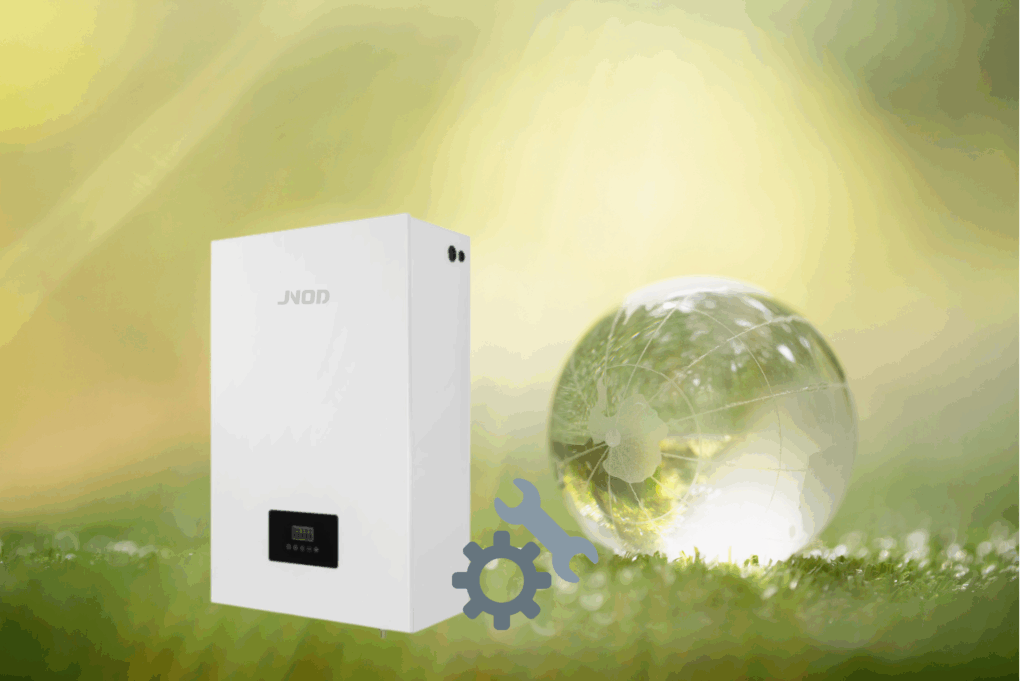How Does Installing Electric Boilers Affect the Environment?
Electric boilers are becoming an increasingly popular choice for modern heating systems. They produce no on-site emissions, are compact, and require no gas lines or chimneys. However, their environmental performance depends on several key factors.

Environmental Benefits of Electric Boilers
Electric boilers use electricity to generate heat, meaning they don’t directly burn fossil fuels. This helps reduce indoor pollution and overall carbon emissions. When powered by renewable energy sources like solar or wind power, electric boilers can be virtually carbon neutral.
The small size and ease of installation of electric boilers also help reduce material usage and simplify setup, thereby lowering the overall carbon footprint.
Factors Affecting Environmental Impact
While electric boilers are clean during use, their environmental impact depends largely on the source of electricity. In regions where coal is predominant, their CO2 emissions can be higher. Therefore, using electricity from a renewable or low-carbon grid is crucial to maximizing their sustainability.
Component quality and proper installation also affect energy efficiency. Products with ISO, CE, and EAC certifications ensure optimal performance and a longer lifespan.
Smart Technology and Energy Efficiency
Modern electric boilers are equipped with intelligent control systems to improve efficiency. Features like weather compensation and Tuya Wi-Fi control allow users to automatically adjust the temperature and reduce unnecessary energy consumption. This not only improves comfort but also minimizes environmental impact.
Conclusion: A Step Toward a Greener Future
Installing an electric boiler is an environmentally friendly choice, especially when combined with renewable energy and smart technology. With careful planning, professional installation, and the right energy source, electric boilers can help homes and businesses move toward a cleaner, greener future.
